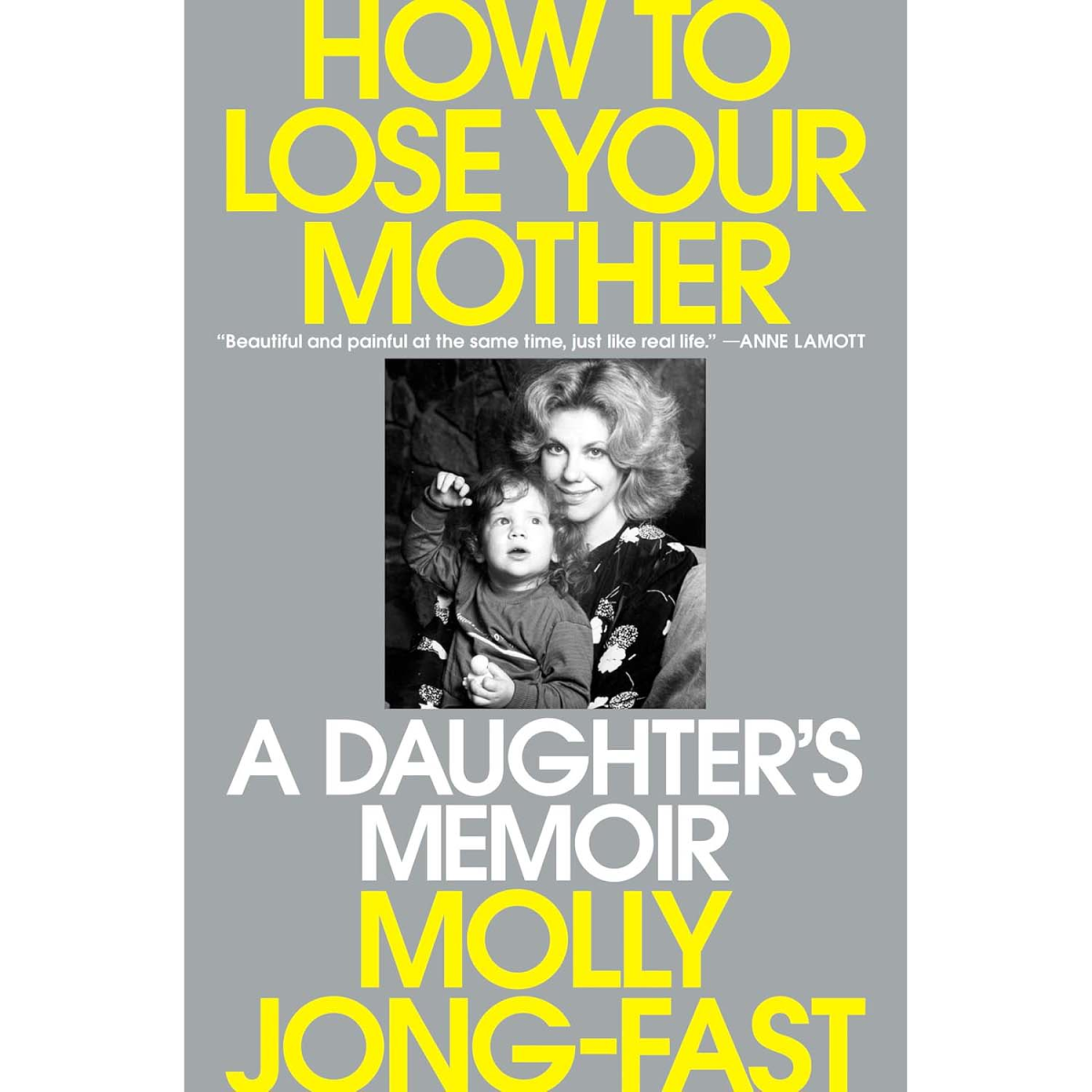New books this week cover problematic parents, the ultrarich, and a year without sex
“They f*** you up, your mum and dad,” Philip Larkin once memorably wrote. “They may not mean to, but they do.”
Now surely the great British poet and novelist, who died three decades ago, did not set out to sum up the books coming out this week, but his famous line does a rather effective job of it anyway. Set squarely between Mother’s Day and Father’s Day, this week’s grab bag of publishing highlights offers a variety of reminders — with essays and fiction, mystery and humor — of a truth less fit for a greeting card: Often our most fraught relationships are with the very people who raised us.
Oh, and don’t worry if you’re one of the lucky ones who escaped childhood unscathed. There are plenty of other complications here to keep you occupied too, whether that be in the bedroom, the boardroom or the dark side of the marina.
The Catch, by Yrsa Daley-Ward

In Daley-Ward’s debut novel, a mother presumed dead for 30 years seems to resurface without having aged a day — which, as you’d imagine, comes as rather a shock to her twin daughters, who know her only by faded pictures. Daley-Ward, already known for her poetry and nonfiction, says the book was partly a thought experiment born of having lost her own mother. “What better wish fulfillment can you have than writing a book?” she told NPR’s Weekend Edition. “So I invented it — what would it be like?”
The Dry Season: A Memoir of Pleasure in a Year Without Sex, by Melissa Febos

Febos has never shied from a little candor. In previous collections, the essayist has placed her own experiences squarely in frame, whether that be her youth, her relationship with family, and with writing, or her memorable stint as a dominatrix in a midtown Manhattan dungeon. This time the focus is her love life — or, better put, its intentional suspension. What if for a spell she simply steered clear of anything resembling romance? No dating, no sex, no love other than the platonic kind. Luckily she took notes for us during the intermission.
Flashlight, by Susan Choi

Choi took home the National Book Award for her previous novel, 2019’s slim, slippery Trust Exercise, a formally inventive portrait of adolescence that the prize jury described as “timely, mesmerizing, and, in the end, unsettling.” This time, Choi broadens her scope, with a story that draws on geopolitics even as it obsessively returns to a single family catastrophe that’s as formative as it is mysterious. Both books share an affinity for shocking twists, though, as well as the happy tendency to twist reviewers into knots just trying to come up with a spoiler-free synopsis.
The Haves and Have-Yachts: Dispatches on the Ultrarich, by Evan Osnos

This collection promises to appeal to those interested in: Succession, extravagant displays of wealth, white-collar crime, fiscal gymnastics, yachts (duh) and outrageous dystopian fiction. Now, to be clear, these essays — first published in the New Yorker, where Osnos is a longtime staff writer — are all nonfiction, however you may feel about that. The National Book Award winner here offers a multifaceted portrait of the habits, proclivities and insecurities of an economic stratum so rarified it’s nearly inconceivable — and virtually inaccessible — to just about everyone else.
How to Lose Your Mother: A Daughter’s Memoir, by Molly Jong-Fast

Say this for both mother and daughter: You’d never accuse them of timidity. Beginning with 1973’s Fear of Flying, Erica Jong’s unapologetic novels of female desire and casual sex made her a bestselling feminist icon. As for her daughter, Jong-Fast — podcaster, political pundit and writer in her own right — is not shy about absolutely laying into her mother. Jong-Fast’s new memoir paints an unvarnished portrait of an alcoholic, absentee mother who saw her daughter mostly as fodder for her thinly veiled fiction, when she saw her at all. Further complicating their relationship, and our experience as readers, is the fact that Jong, 83, now suffers from dementia.
Parallel Lines, by Edward St. Aubyn

More than most authors, St. Aubyn tends to be tied ineluctably with his best-known character, Patrick Melrose, the charismatic trainwreck leading five of his novels and a Benedict Cumberbatch-fronted adaptation. St. Aubyn shelved Melrose more than a decade ago, but the trenchant wit that animated the character has retained its edge in Parallel Lines. The British novelist’s latest boasts an ensemble cast and many of his hallmarks: problematic parents, broken families and a wry sense of humor that makes all their questionable decisions, if not defensible, at least too captivating to look away.
Northeast readies for a major winter storm, with blizzard warnings in effect
New Jersey through Massachusetts could see 2 feet of snow. New York City's mayor said the city had not "seen a storm like this in a decade."
Mexican army kills leader of Jalisco New Generation Cartel, official says
The Mexican army killed the leader of the powerful Jalisco New Generation Cartel, Nemesio Rubén Oseguera Cervantes, "El Mencho," in an operation Sunday, a federal official said.
Ukraine’s combat amputees cling to hope as a weapon of war
Along with a growing number of war-wounded amputees, Mykhailo Varvarych and Iryna Botvynska are navigating an altered destiny after Varvarych lost both his legs during the Russian invasion.
University students hold new protests in Iran around memorials for those killed
Iran's state news agency said students protested at five universities in the capital, Tehran, and one in the city of Mashhad on Sunday.
Pakistan claims to have killed at least 70 militants in strikes along Afghan border
Pakistan's military killed at least 70 militants in strikes along the border with Afghanistan early Sunday, the deputy interior minister said.
Team USA faces tough Canadian squad in Olympic gold medal hockey game
In the first Olympics with stars of the NHL competing in over a decade, a talent-packed Team USA faces a tough test against Canada.






